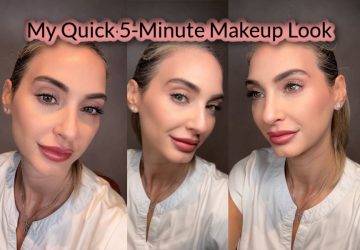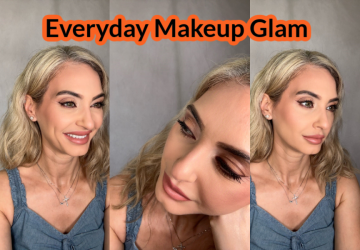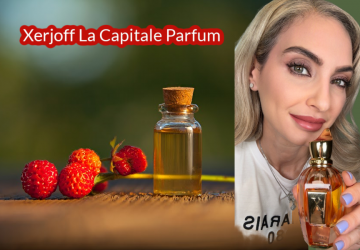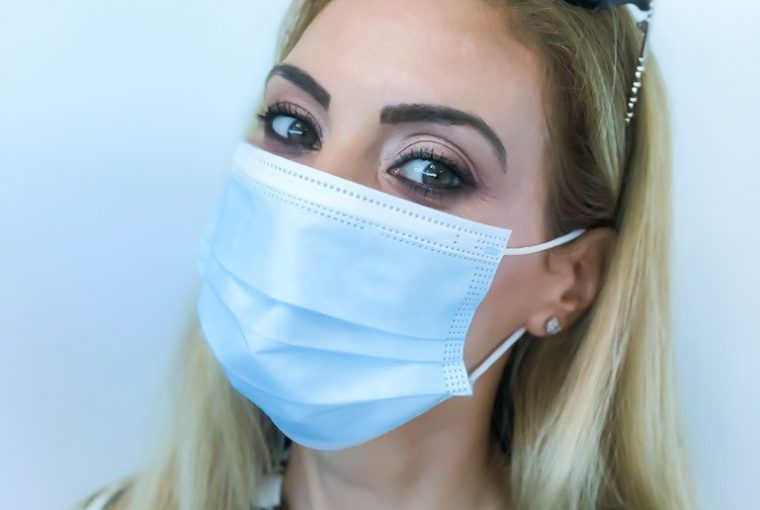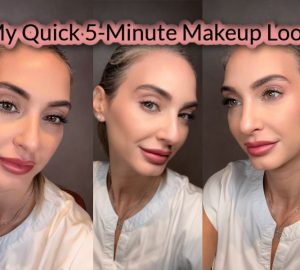While vital to protect yourself and others from COVID-19, face masks are causing an increase in acne and skin irritations. The humid and sticky environment that the mask creates around our face lends itself to breakouts around the nose, cheeks, mouth, and chin. Here are my tips on what should be used to prevent and treat “maskne.”
What is Maskne?
Skin irritation and spots caused by face masks can be any of a number of things—triggered by any of a number of factors, including but not limited to bacterial overgrowth and yeast overgrowth.
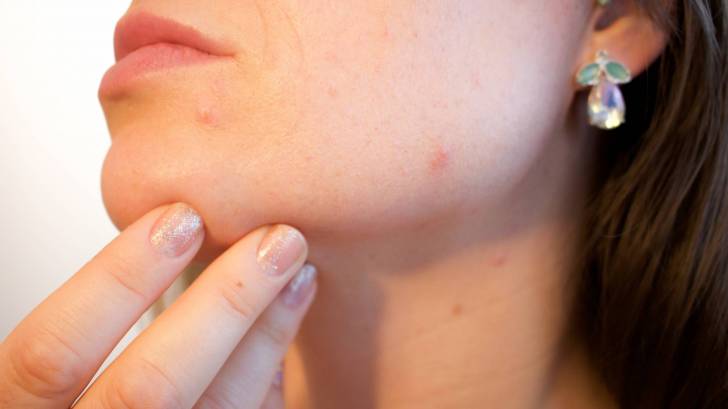
The medical term for “maskne” is acne mechanica, a skin condition brought on by prolonged wear of facial personal protective equipment. Masks create heat, friction, and occlusion on the skin, and when combined with a moist environment from breathing, talking, or sweating, this is a recipe for breakouts. Pores get clogged and can become pimples or acne cysts. On top of that, the prolonged occlusion, heat, and sweat can cause the skin to become dry, itchy, and uncomfortable.
How to Prevent Maskne (Face Mask Breakouts)
- Wash our mask – the CDC (Centers for Disease Control and Prevention) recommend washing your cloth mask after every use to prevent the build-up of bacteria. This can be done either in a washing machine or by hand washing.
- Wash our face – It is very important to practice facial hygiene. Gently cleanse your face in the morning (especially the ‘maskne’ prone areas) in the morning either with a gently facewash or using Micellar water. In the evening double cleanse to make sure as much build-up from the day is removed. We need to be gentle with our skin, as the aim is to help protect our skin and the pH rather than damage it further.
- Face mask size – Buy a face mask that covers the nose and mouth without being too tight or too loose to avoid unnecessary friction.
- Mask material – For anyone with acne-prone skin, soft material like silk or cotton are preferable over synthetic materials which are harsher on the skin.
- Skincare routine – Use non-comedogenic (pore-blocking) moisturisers underneath your mask and avoid wearing heavy makeup that will clog up your skin more.
Which Type of Face Mask is Better for our Skin?
According to doctors, using a fresh, clean paper mask is probably the safest option because they are disposable and can be frequently replaced.
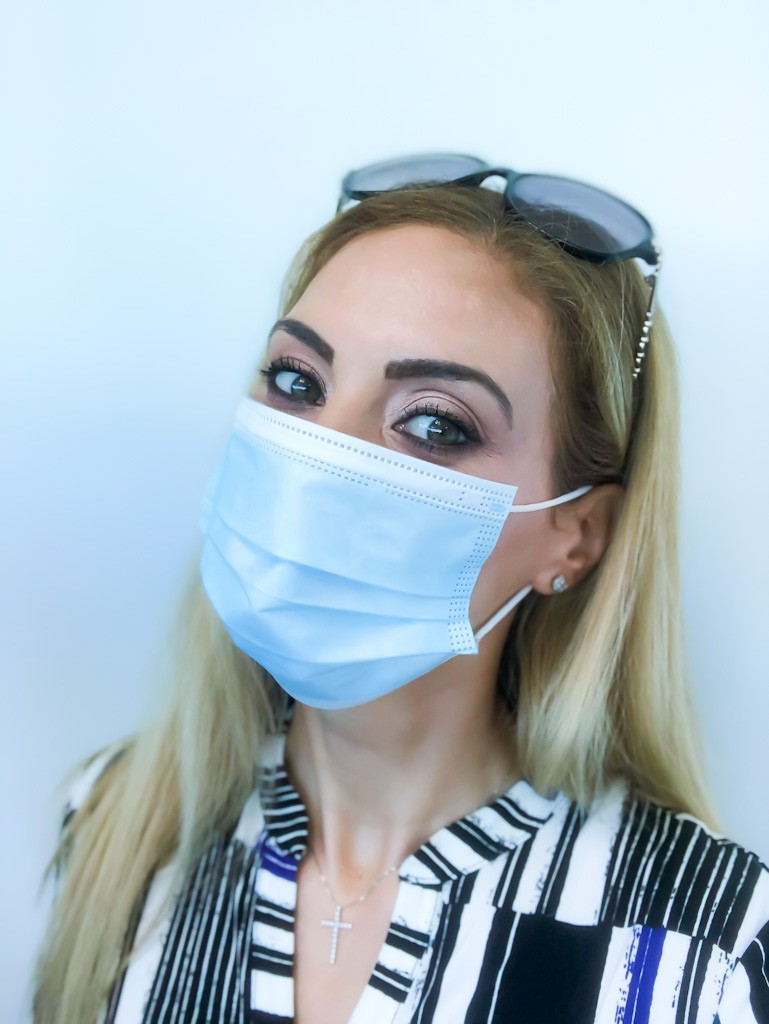
Cloth masks are an OK option only if they’re washed frequently.
All masks (irrespective of the material) collect oil and dirt and can make acne worse. If you choose to use a cloth mask, you should wash it every day or two. To avoid rubbing, unnecessary marks, and skin damage, the mask should not be too tight.
Face Masks for Children
Just like with adults, face coverings are not necessarily as effective in preventing kids from contracting COVID-19, as much as they are in preventing the transmission of COVID-19.
Our children may be keener to wear a mask that comes with a fun design and there are many colourful face covers out there.
For Mamas on the go, I highly recommend Okiddoky. You can see 100% cotton, washable masks here.
How to Treat Maskne (Face Mask Breakouts) & Skin Issues
To help treat some of the most common mask-related skin issues, I suggest:
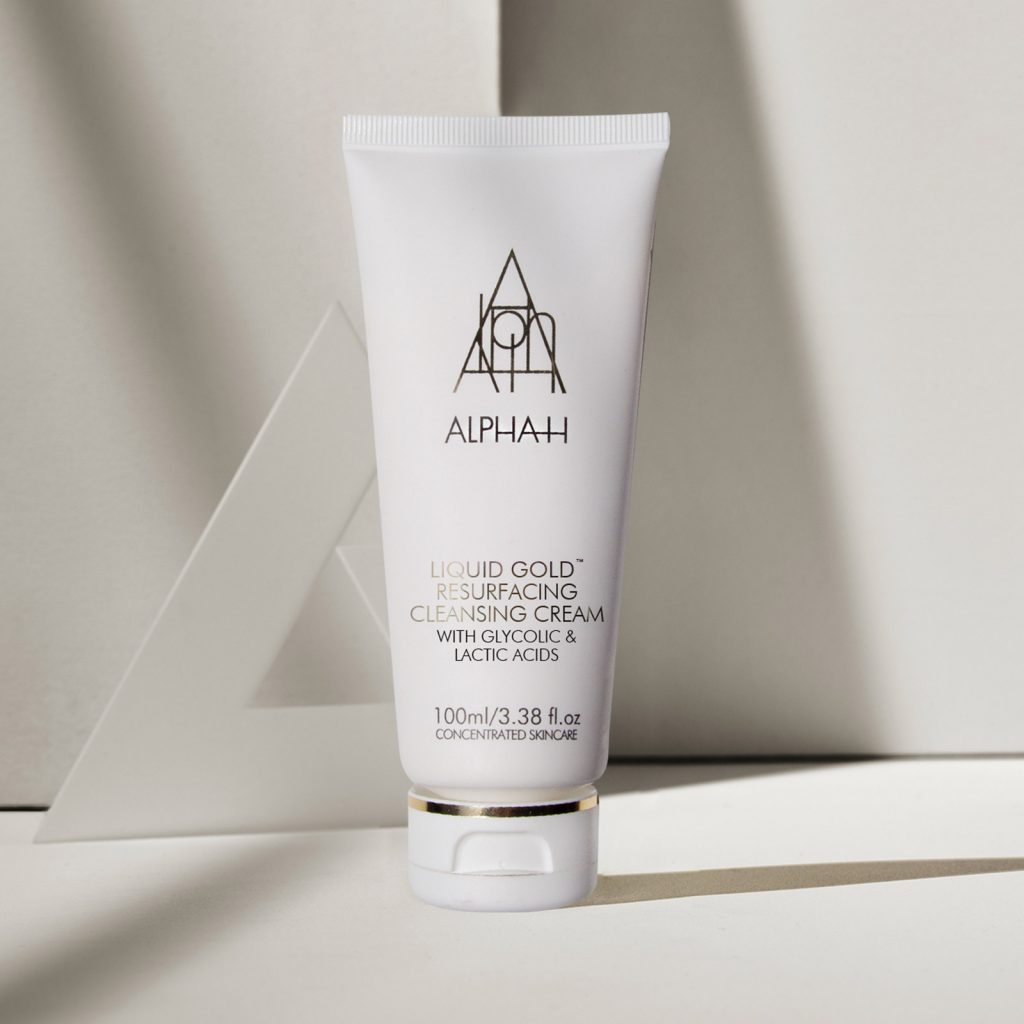
- For acne or breakouts – Add a glycolic acid wash or toner and a light (non-comedogenic) moisturizer to our morning pre-mask routine. If breakouts, redness, or swelling still persist, seek medical care with your physician.
- The Alpha-H Liquid Gold Resurfacing Cleansing Cream with Glycolic Acid is one of my favourites. I massage it into my dry skin in the morning and leave it for a few minutes before washing it off.
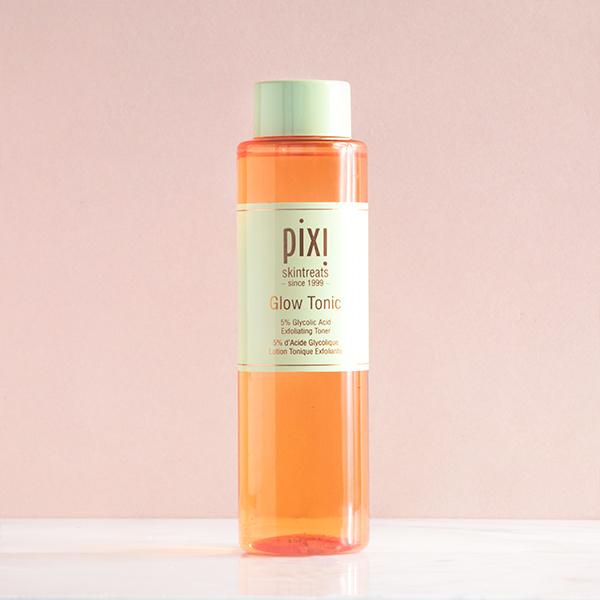
- The Pixi Glow Tonic brightens, tones and conditions the skin after cleansing. Enriched with 5% glycolic acid. This gentle, exfoliating formula dissolves the bonds binding dulling dead cells to skin’s surface, to reveal the ‘new’ healthy skin cells underneath
- For Dry skin – Always apply a good moisturiser to the skin before you put on a mask. After you take it off, cleanse the skin and apply a
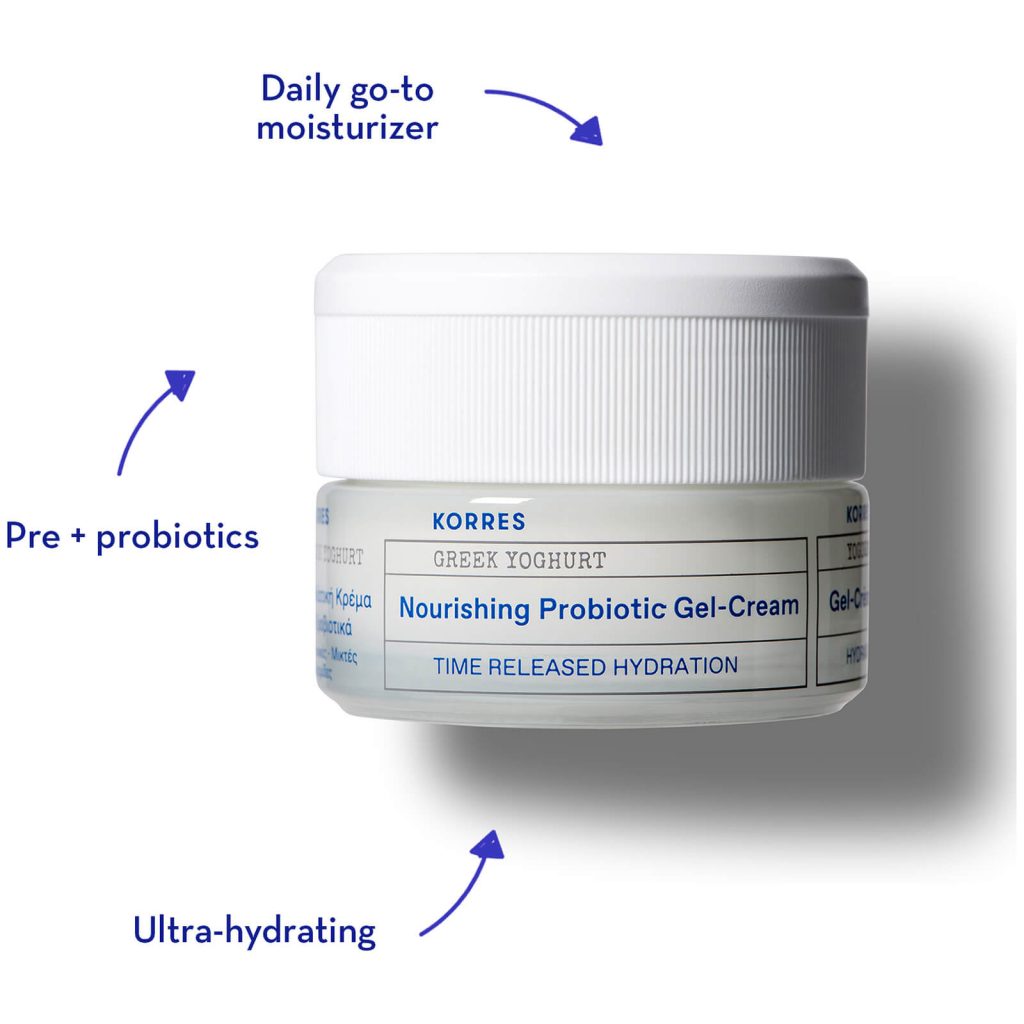
- During the day, I suggest KORRES Greek Yoghurt Nourishing Probiotic Gel-Cream. Deeply hydrate your skin with the KORRES Greek Yoghurt Nourishing Probiotic Gel-Cream. This moisturiser glides across the skin like butter, creating a veil of hydration that lasts for up to 48 hours. This cream is infused with soothing Greek Yoghurt and pre & probiotics.
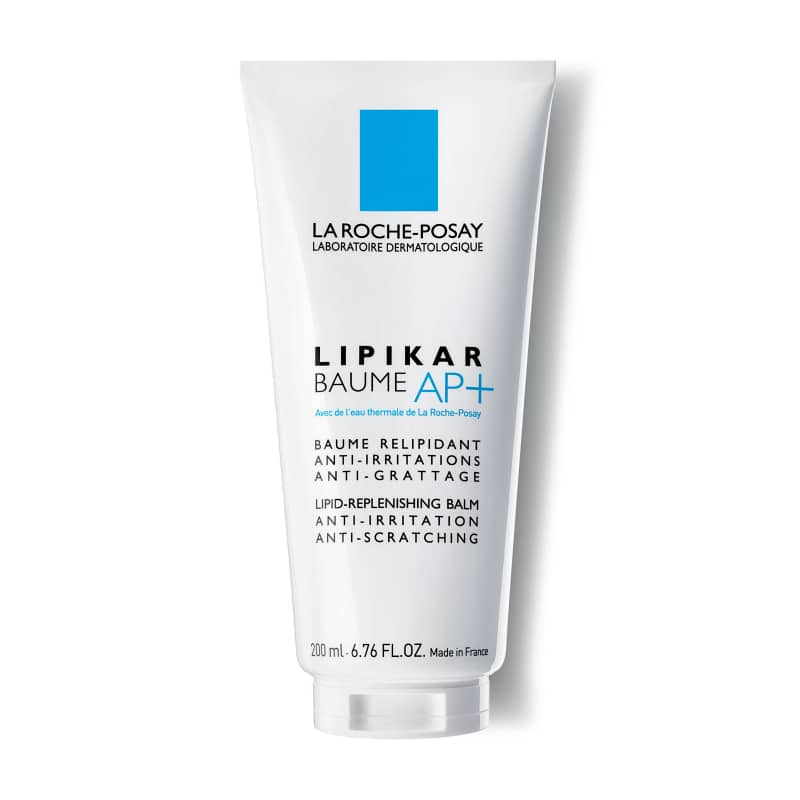
- La Roche-Posay Lipikar Balm AP is a favourite among dermatologists for its low-price, high-quality formulas. The Lipikar Balm, is a great moisturiser for dry skin, because it hydrates with a non-greasy feel and can be used on face and body.
- It contains glycerin, niacinamide, and shea butter which is rich in stearic acid and reinforces the protective skin barrier.
Where to Buy
I buy a lot of my products from QVCUK. Use my link and save 10% off your next order: https://mention-me.com/m/ol/jw3yk-christina-maria-kyriakidou
Alternatively, the you can here: Alpha-H Liquid Gold Resurfacing Cleansing Cream with Glycolic Acid and Pixi Glow Tonic.
Korres and La Roche-Posay are available in most pharmacies across Cyprus.
If you have any questions, please ask in the comments section below or send me a message.

